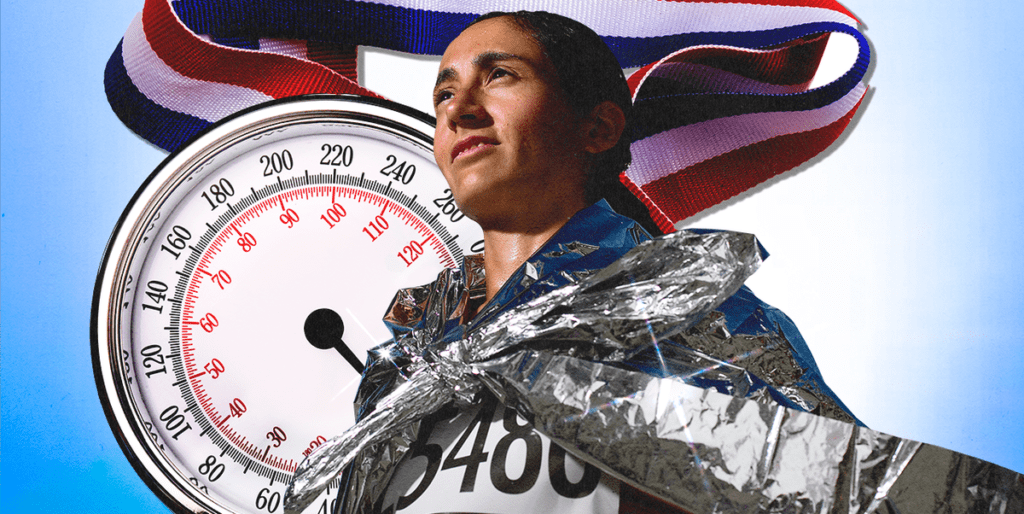Understanding Weight Gain During Marathon Training
When signing up for my first marathon in Columbus, Ohio, I couldn’t help but wonder about the potential weight loss benefits that might come from training. However, as the months progressed, I soon found myself gaining weight instead. This unexpected change led me to explore the common misconceptions around weight gain and marathon training. Many factors contribute to this phenomenon, and it appears to be a commonly shared experience among female runners, shedding light on the pressures of diet culture and the pursuit of ideal body images.
Initially disheartened, I relied on online searches to find solace, only to discover numerous headlines affirming, “Yes, weight gain can happen during marathon training.” Many articles perpetuated the belief that if weight loss isn’t the outcome of long-distance running, an athlete must be doing something wrong. This narrative contributed to feelings of disconnection from the joy of running, reinforcing negative real-time assessments of one’s body during a time meant for growth and capability.
However, a turning point emerged when I explored social media platforms such as TikTok and Instagram, where I encountered a supportive community of runners. They not only accepted but celebrated their weight gain, viewing it as a natural part of training for an endurance event like a marathon. Many women were reshaping their perceptions about food, exercise, and body image, pushing back against society’s unrealistic standards of thinness. This collective movement reframed how we perceive the utility of our bodies and what it means to nourish them adequately while training for a marathon.
One prominent voice in this movement is Hannah Gerson, a 27-year-old account executive who openly shares her experiences regarding weight gain during marathon training. In her candid discussions, she articulates the frustration of noticing weight increase despite (or perhaps because of) dedicated training. Gerson emphasizes that accepting weight gain as a natural and sometimes beneficial part of the marathon journey is essential. Her videos resonate with many who experience similar journeys, and they serve as a reminder to prioritize strength and health over unrealistic body ideals.
Nutritionist Kristy Baumann also discusses this concept, noting that rigorous training requires proper nutrition to sustain performance and energy levels. When runners prioritize eating enough to adapt to their training regimens, weight gain can occur as a result of increased muscle mass and improved energy efficiency. Rather than viewing this as a setback, female athletes are learning to see it as evidence of their body’s resilience and strength. Research has indicated that overly restrictive diets often lead to injuries and burnout, underscoring the importance of fueling one’s body adequately during training.
These insights are beginning to manifest in the contingent of female marathon runners. More women are coming together to dispel harmful narratives around weight gain, recognizing that bodies are meant to change over time. Megan Kanai, a 28-year-old content creator, illustrates this shift beautifully, explaining how the focus on performance and achieving personal goals transformed her mindset about body image. This shared understanding among female runners showcases the growing acceptance of diverse body types within sports and fitness, moving away from restrictive ideals that often cloud athletes’ minds.
In conclusion, the conversations surrounding marathon training and weight gain reflect a pressing cultural shift. As more women participate in long-distance running, there’s a noteworthy trend of unlearning damaging attitudes toward body image and weight. Embracing the notion that it’s normal and acceptable for bodies to change, especially during significant endurance training, allows for a healthier relationship with food and physical activity. Celebrating all body types, irrespective of whether they fit a narrow standard of “fitness,” further empowers women to embrace their journey on and off the track.
